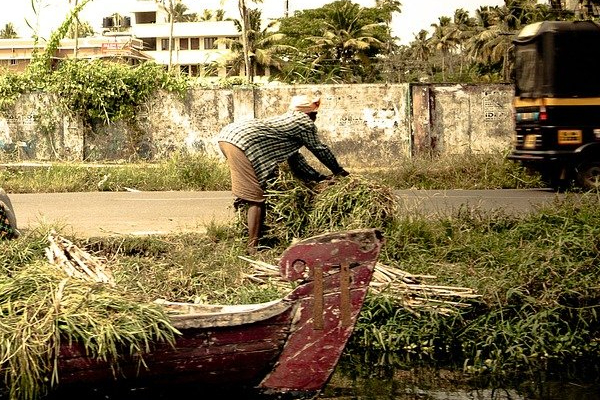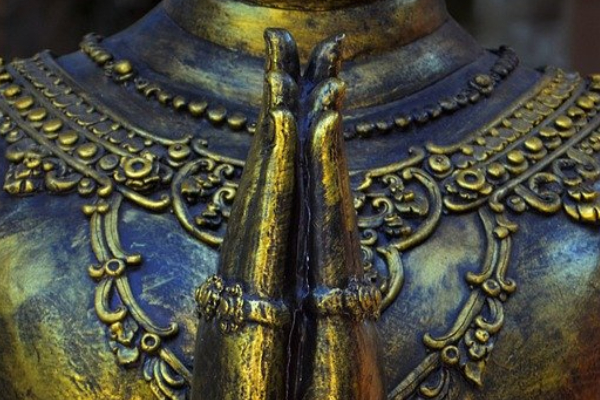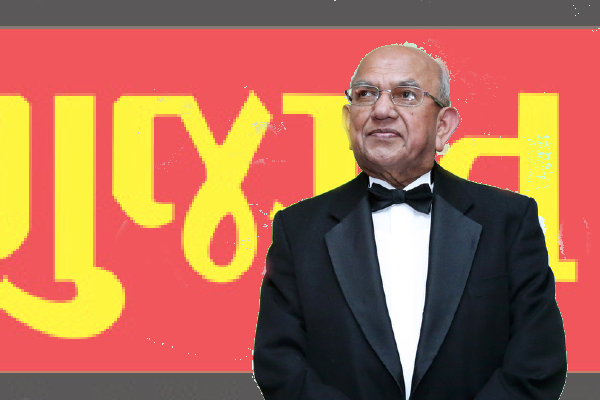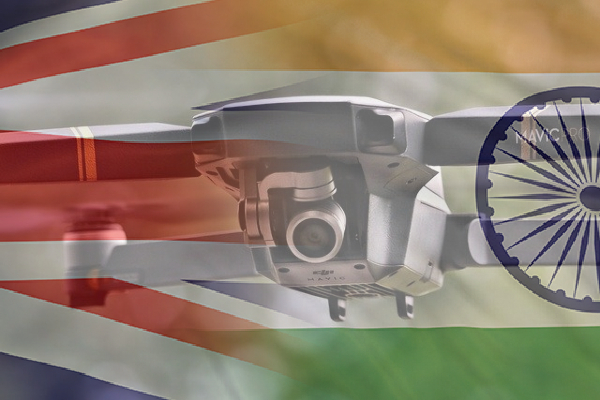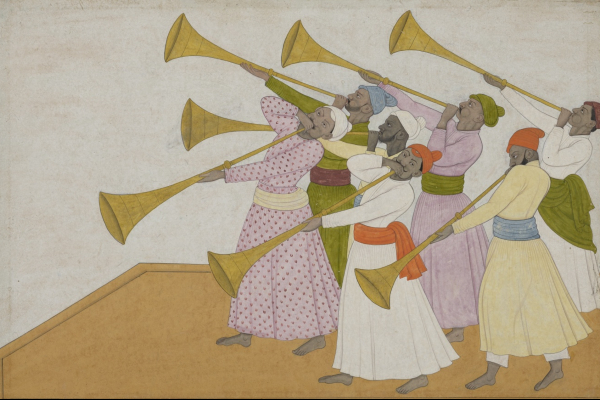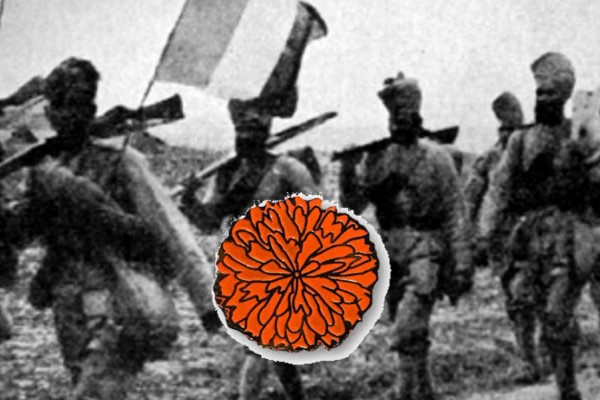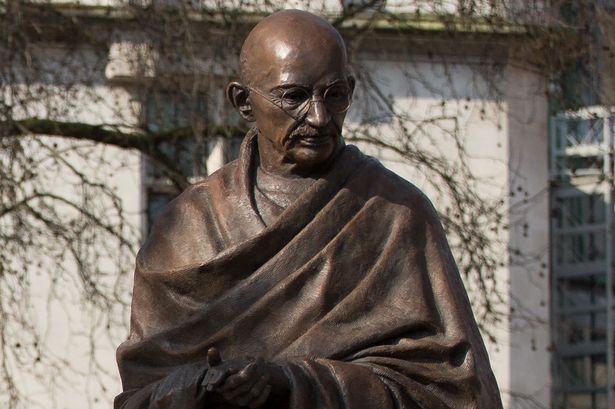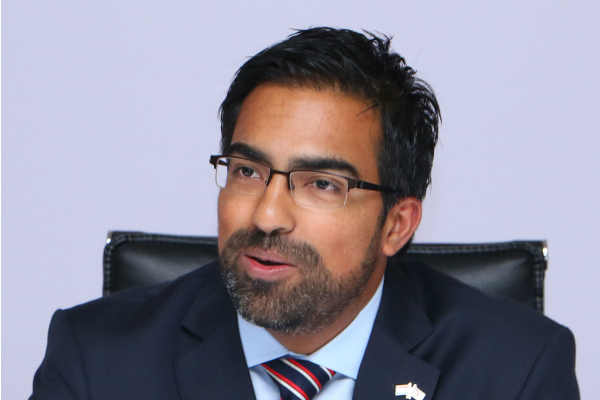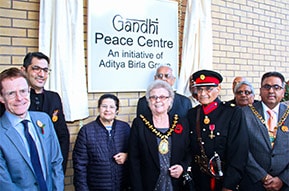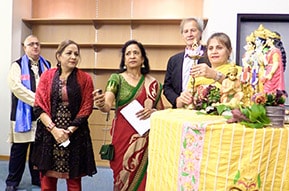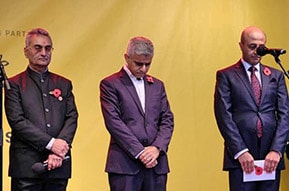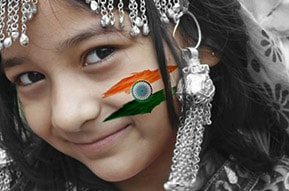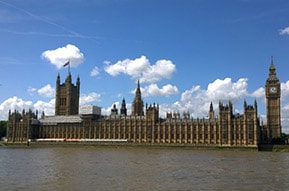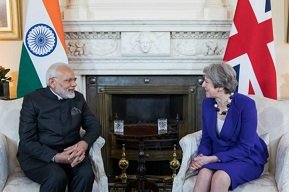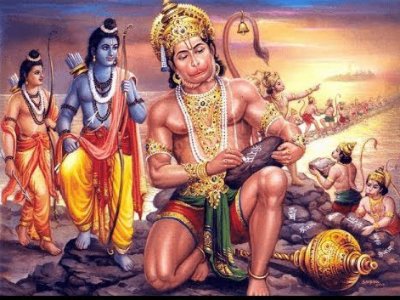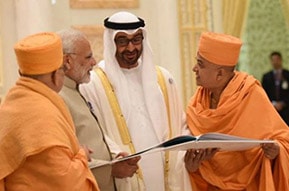The Role of Foreign Actors in the Independence of Bangladesh
Upon gaining independence in 1947, the Indian Subcontinent was partitioned into two primary entities: India and Pakistan. Initially a unified nation, Pakistan consisted of two physically and culturally separate regions known as West Pakistan and East Pakistan (now Bangladesh). The bilateral relationship between these two regions was characterised by intense conflict, as East Pakistan endured profound political, economic, and social subjugation from West Pakistan.

A nine-month-long liberation war, which commenced on March 26, 1971, marked the culmination of the independence fight in East Pakistan. The contributions of different international entities during this conflict were essential and complex. Principal international actors, such as India, the Soviet Union, China, and the United States, each had distinct strategic goals that shaped their participation in the war.
India:
From the beginning of the Liberation War, India actively supported the fight for Bangladeshi independence. India's participation was motivated by its geopolitical positioning and humanitarian concerns. Under the leadership of Prime Minister Indira Gandhi, the Indian government offered sanctuary to more than one million Bangladeshi refugees who sought safety from the turmoil. Indian aid encompassed provisions such as food, medical aid, and lodging, with the Indian government allocating around $700 million to sustain these displaced persons.
The diplomatic endeavours of Indira Gandhi were significant. A crucial determinant was her pursuit of Soviet backing in the United Nations Security Council (UNSC). To avoid UNSC action that may have halted the conflict, so permitting a concerted military onslaught by Indian forces against the Pakistani army, the Soviet Union invoked its veto power three times. In addition, India officially acknowledged Bangladesh as a sovereign state on December 6, 1971, and extended military assistance, encompassing instruction and provisions, to the Bangladeshi liberation troops. If India had not provided substantial support, attaining victory within such a limited period would have been far more difficult.
Soviet Union
The Soviet Union provided significant diplomatic and political support to Bangladesh. The Soviet Union used its veto authority in the United Nations Security Council to obstruct attempts to reduce the conflict, therefore facilitating the progress towards Bangladesh's independence. The Soviet Foreign Minister, Andrei Gromyko, explicitly stated that the situation in East Pakistan had surpassed domestic Pakistani matters and had evolved into a matter of considerable world significance. The diplomatic efforts of the Soviet Union played a crucial role in obtaining broad international acknowledgement and backing for the independence of Bangladesh.
China:
China's involvement in the conflict was less favourable towards Bangladesh and lined more closely with its own geopolitical objectives. China provided backing to Pakistan with the aim of enhancing its strategic position in South Asia. Notwithstanding the extensive international condemnation of the human rights violations taking place in East Pakistan, Chinese authorities made efforts to minimise the conflict as an internal issue of Pakistan. The position of China was indicative of its wider geopolitical strategy rather than a dedication to humanitarian ideals.
The United States of America
The participation of the United States was characterised by a multifaceted combination of assistance and limitation. In light of the worsening relations with Pakistan, the U.S. government chose to address the dispute as an internal matter. Notwithstanding this, the United States offered financial and logistical assistance to Pakistan. A ceasefire was offered by the United States on December 4, 1971, with the objective of averting a definitive defeat of Pakistan. Furthermore, the United States moved its 7th Naval Fleet to the Indian Ocean, but refrained from entering the Bay of Bengal because of the obstruction caused by Soviet naval forces.
In the realm of humanitarian efforts, the United States generously contributed $250 million in assistance to bolster the well-being of Bangladeshi refugees residing in the northeastern regions of India. The aid provided was essential in mitigating the immediate consequences of the war on the displaced communities.
In conclusion:
Obtaining independence of Bangladesh on December 16, 1971, was accomplished with significant sacrifice. An estimated three million individuals perished, while more than 200,000 women endured horrible mistreatment. Notwithstanding the substantial sacrifices, Bangladesh successfully achieved independence and solidified its position on the international platform. The engagement of prominent global players was motivated by their own strategic objectives and significantly influenced the direction and result of the Liberation War. The conflict emphasised the strategic actions of global powers in geopolitics and emphasised the intricate interaction between national interests and humanitarian considerations in the field of international relations.


